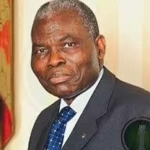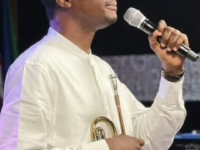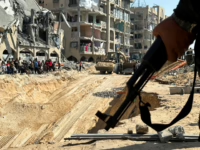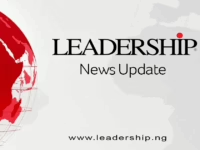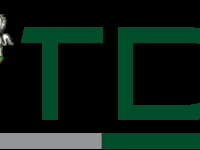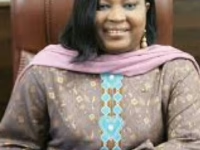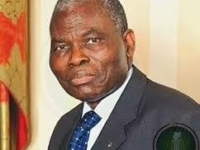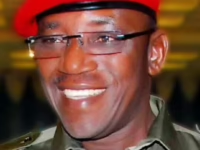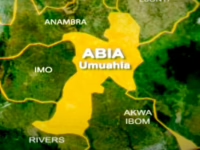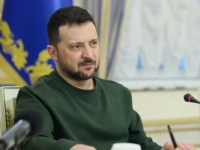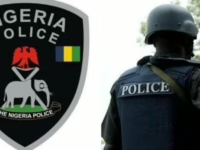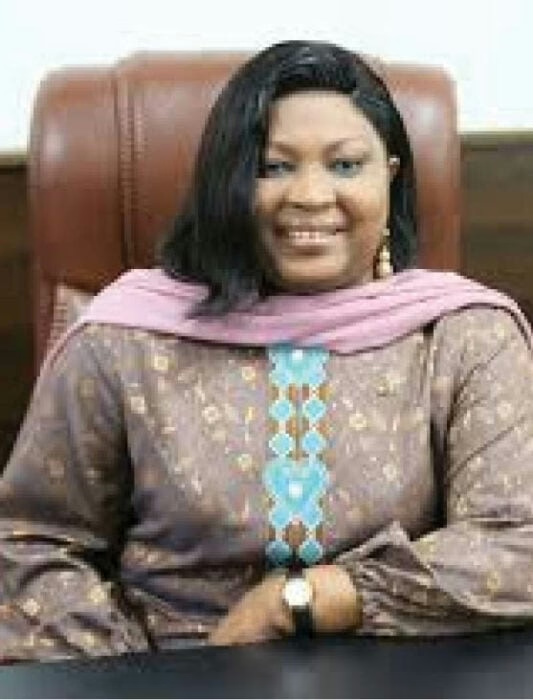The Parliament of the Economic Community of West African States (ECOWAS) will roll out the drums to celebrate its 25th anniversary in November 2025 with varying levels of milestones amid challenges confronting the institution and the sub-region.
The Speaker Rt. Hon. Memounatou Ibrahima made this known in her closing remarks at the 2025 Second Extraordinary Session of the Parliament in Port Harcourt, Rivers State in September. She said activities lined up for the celebration will start from November 14 to 16, 2025.
The Parliament was established under Article 6 (in the list of Community institutions) and 13 (which specifically provides its establishment) of the ECOWAS Revised Treaty of 1993. Article 2 of the Supplementary Act, Stipulates that the House of Representatives of the peoples of the Community shall be designated the “ECOWAS Parliament”.
The ECOWAS Parliament is currently at its 6th Legislature since inception at the inaugural session of the 1st Legislature on 16 November, 2000, in Bamako, Mali with the election of Prof. Ali Nouhoum Diallo as the first Speaker with a five-year mandate starting in November 2000.
Article 4 of the Supplementary Act relating to the enhancement of the powers of Parliament stipulates that the objectives of the Parliament shall among others, be to: Contribute to the efficient and effective implementation of objectives and policies of the Community; Strengthen representative democracy in the Community; Ensure the right of scrutiny and involvement of the West African populations in the process of integration of the region and Contribute to the promotion of peace, security and stability in the West African region.
In line with the rotational system of the alphabetical order of Member States, the Speakership of the 6th Legislature fell on Togo and consequently, Rt. Hon. Memounatou Ibrahima, a ranking member of the Togolese delegation to the Parliament, was unanimously elected to preside of the 6th Legislature, with tenure of four years.
The 6th Legislature was installed by Nigeria’s President Bola Tinubu President, who was the Chairman of the Authority of Heads of State and Government of ECOWAS in May 2024 in Abuja and Ibrahima also holds the record as the first female speaker of the Parliament.
Initially the life of the Legislature was 5 years but this changed due to the enactment of Article 5 of the Supplementary Act , which now determines that the life of the Legislature shall be for four (4) years from the date of its inauguration by the Chairman of the Authority of Heads of State and Government.
Between 2000 and 2025, the Regional legislature has witnessed massive changes and its responses to the crises confronting the region within its powers have been encouraging amid threats of new challenges.
Prof. Diallo made great efforts to firmly establish the Parliament as a bastion of democracy from the cradle and some level of success was achieved. For instance, during the Mano River crisis, which was a period of severe civil wars and instability in the Mano River region of West Africa, specifically Liberia, Sierra Leone, and Côte d’Ivoire, from the 1990s to the early 2000s, the Parliament rose to the occasion to find solutions to the crisis.
The conflicts had led to widespread death and destruction, with millions displaced, and had lasting impacts on the region’s political and economic stability, driven by issues like governance failures and resource control.
Former Nigerian Senator, Dr. Mao Uhuabunwa, who served as ECOWAS Parliament Committee Chairman for Foreign Affairs Defence and Security from 2001 to 2003, deployed resources to open channels of discussions and negotiation with rebel groups. Subsequently, the ECOWAS Commission and the Authority of Heads of State of the sub-region moved to address the crisis in the Mano River region. This was one of the major achievements of the First Legislature.
Since then, ECOWAS Parliament has engaged with the Mano River crisis through delegations to investigate border disputes and address regional security, such as the August 2025 mission to the Yenga border dispute in much the same way it has attended to other crises.
Although the Parliament’s direct legislative power is limited, it has supported conflict prevention, human rights, and democratic governance in the sub-region, with its activities aimed at promoting peace and economic integration within the region. However, its effectiveness is hindered by a lack of real legislative power and limited communication between the Parliament and member states.
Despite the enormous efforts of the legislature, the region still faces a deluge of crises ranging from terrorism and violent extremism, economic crisis occasioned by low investments and unemployment, youth migration, poverty, inflation among others.
Right now the regional body is facing another issue which is the exit of three member countries. Incidentally Mali, the country that produced the first speaker, has exited the ECOWAS bloc following disagreements with ECOWAS over a coup in the country. Burkina Faso and Niger are also no longer part of the Parliament over coups and the greater ECOWAS has depleted its membership from the initial 15 member states to 12 now.
It is also important to interrogate the issues of Direct Election into the regional assembly, which is a major focus from the 2000, which remains unattended to. If this process is hastened and implemented, it will give the region the authentic representative democratic outlook.
However, the current speaker, Ibrahima, is optimistic that the parliamentary democracy has been established with the Parliament steadily making efforts to strengthen regional stability and integration including making resolutions that will boost economic development and create jobs for the youths going forward.



